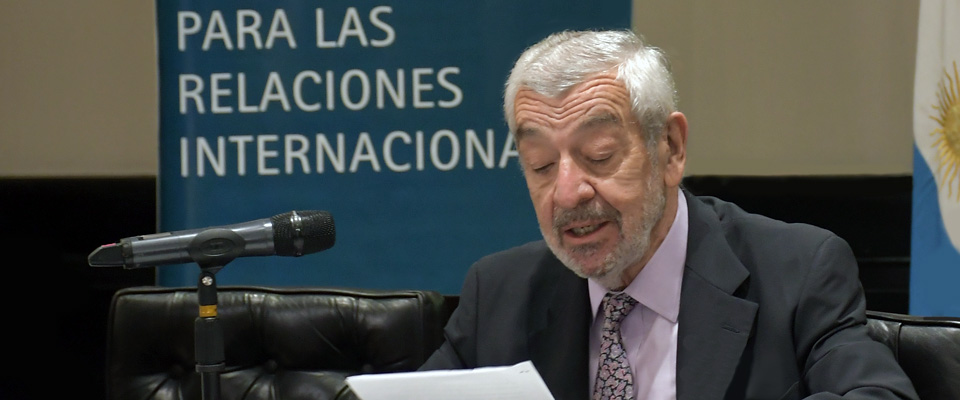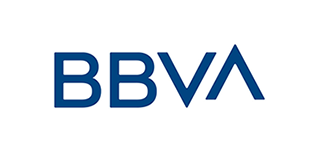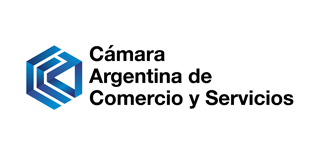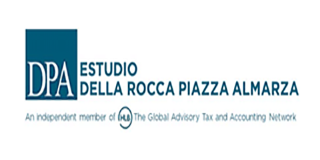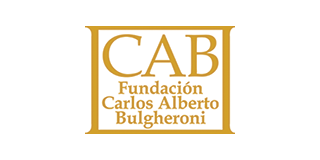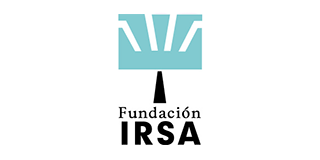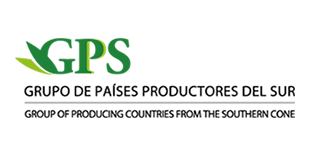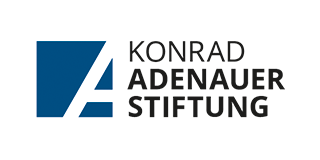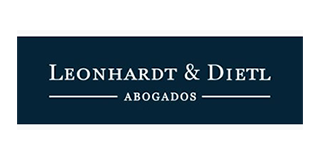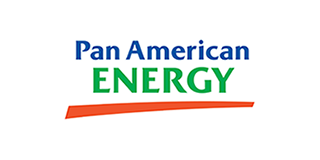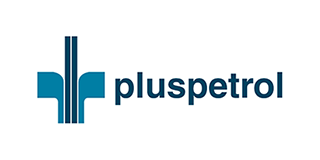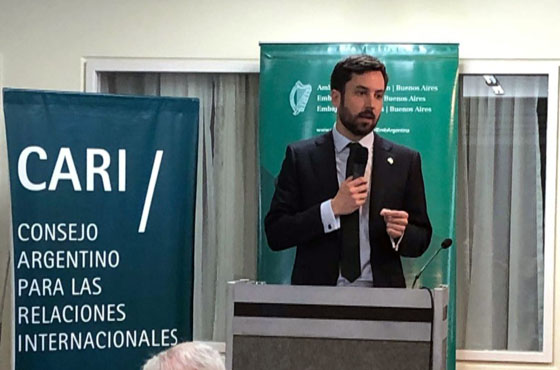
March 19, 2019
Academic session conducted by the Minister for Housing, Planning and Local Government of Ireland, Eoghan Murphy T.D., organized jointly by the European Affairs Committee and the Embassy of Ireland
Written by Natalia Pérez León
Adalberto Rodríguez Giavarini, President of the Argentine Council for International Relations (CARI), opened the Academic Session. He announced the incorporation of Eoghan Murphy, Minister of Housing, Planning and Local Government of Ireland as a Correspondent Member of CARI. Following that, Minister Murphy took the floor, thanking CARI for the organization of the event and the accreditation received. He began his presentation by expressing Ireland's continued attention to the uncertain discussions on Brexit. He emphasized the importance of order, stability, due care and investigation of the consequences for Ireland and the rest of the European Union during this process.
He also meditated on the cause of Brexit, which could be an error; a direct consequence of the nature of the United Kingdom's accession to the EU; or a tendency that could affect the rest of the Members given the superior phenomena of migration and the technological revolution. He insisted on grading the seriousness of the situation on whether or not it is the result of a quick reaction to the manipulation of opinions in the media. Given the impossibility of understanding the reasons for Brexit due to the closeness to the facts today, he considered essential to be aware of the effect of these dramatic changes in other EU states (to avoid more reactions like the Brexit).
Given the interdependence between the United Kingdom and Ireland, he summarized the practical challenges for Ireland in three points. First, Ireland has lost its main ally in the EU negotiations. Since the process of joining the Union, United Kingdom, and Ireland have been close partners with similar interests and shared needs due to their historical and institutional similarities and their geographical proximity, second, the pre-existing agreements between Ireland and the United Kingdom shall survive. They were formed long before the entry of both nations into the EU and created because of their permanent exchange since the independence of Ireland. Third, Ireland will now be the only EU country to share a border with the United Kingdom, while holding joint responsibility for the preservation of peace in Northern Ireland – so Brexit should not weaken that commitment or alienate both countries away –. Thus, although it will be a challenge for all countries to maintain their commercial activity with the United Kingdom as a non-member of the EU, the challenge for Ireland transcends mere trade.
For these reasons, Ireland’s strategy before and after the consultation for Brexit was a critical factor in preparing the nation and the rest of the EU for the less desired scenario. Firstly, Ireland investigated – one year before the referendum – all commercial areas affected by its relationship with the United Kingdom under EU regulations. Secondly, the government highlighted the necessity to put Ireland at the center of all EU negotiations affected by the decision. Other members had to understand the difficulties imposed on Ireland and the need to prioritize peace in Northern Ireland, as well as the impossibility of applying barriers between both countries.
Thirdly, Ireland started its exploration and diversification of exports to open new markets, considering that now the country is exposed to international trade without the advantage of its relationship with the UK.
Fourthly, the promotion of the Irish people's sense of belonging to the EU, reinforced the benefits to avoid public opinion’s changes influenced by the Brexit – and in fact, the relationship between the Irish and the EU has strengthened during the last few years. The Minister was clear about the relationship with the EU affirming that "we have made an effort to explain why the European Union is a force to promote good and why we want to remain within it." Instead of deflecting the responsibility for the deficiencies of national policies by accusing the EU of being the cause of the difficulties that its Members are going through.
Despite the negative consequences of Brexit, the Minister mentioned some positive opportunities that could be available to Ireland as the only English-Speaking and Common Law Member. He considered that they Twill be able to attract the legal and financial services market, like a portal between the European Union and those interested parties. Also commented on the next events to be led by the Prime Minister of the United Kingdom in the search for the consolidation of an agreement, using interpretation as an instrument of understanding of the agreement to facilitate its acceptance. However, he acknowledged the risks of setting extensions and upcoming closing dates for the vote on the agreement, and the possible imminence of a "No Deal Brexit" due to the haste in making the final decision. He affirmed in turn that the EU could not continue in such process indefinitely, because the next steps of the Union should be decided with knowledge of the status of the conditions of the relationship with the United Kingdom.
Minister Murphy ended his speech making remarks on Ireland's goals and how these have been reinvigorated not as a reaction to Brexit but as a reaffirmation of the will of the Irish people to participate in international cooperation and cultural exchange.
He declared: "If we do not find a way to communicate with the general public about these issues, we will see more decisions like the Brexit. We have fought hard to help people understand the European Union in Ireland, but we will have to do much more to achieve the peace and prosperity that we have not yet reached.
Eoghan MurphyMinister of Housing, Planning and Local Government of Ireland. Master's degree in International Relations from King's College London. He previously served as Minister of State in the Departments of Finance, Public Expenditure, and Reform. Before joining the political sphere, he worked in the area of international arms control, for different NGOs and the United Nations
